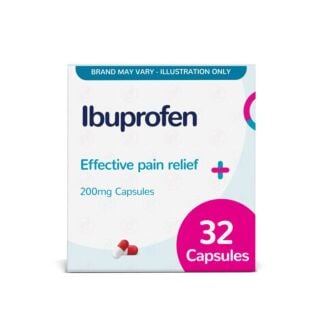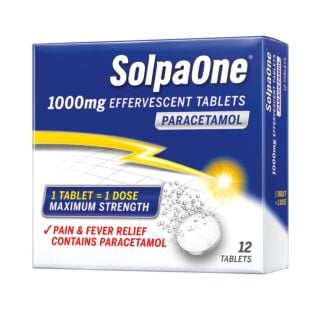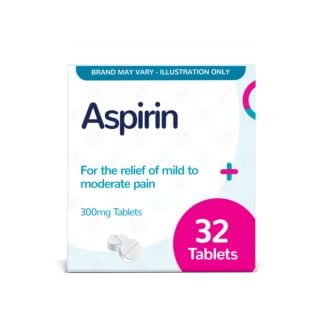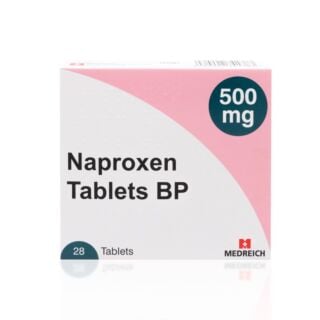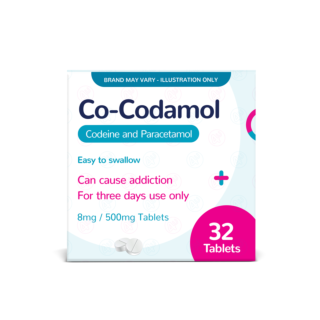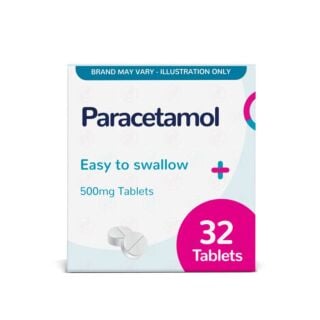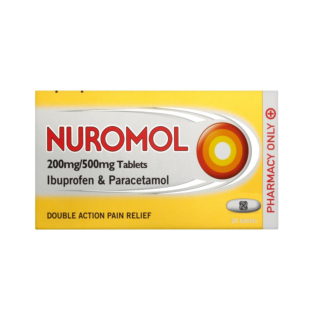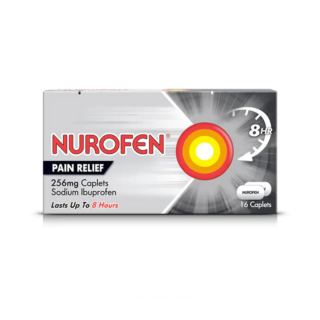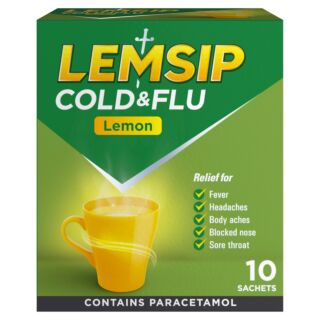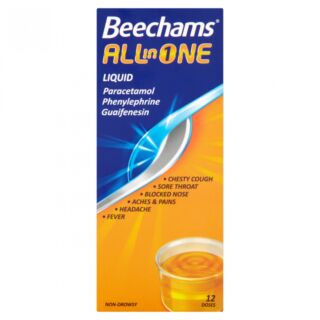Can I take two painkillers at once?

Sometimes, when you take painkillers, you may find that although they make your headache, backache, or whatever your aches and pains you’re trying to treat a bit better, they don’t quite do the job.
This is when you might consider picking up another painkiller to try to kick that pain to the curb. But how do you know if this is safe? Can you take more than one painkiller at once?
If you’ve ever looked into your medicine cabinet and asked yourself one of these questions, then you’ve come to the right place!
We’re here to answer all of your questions about which painkillers you can take together, which you can’t, and which other medicines shouldn’t be taken with your pain relief.
Can I take ibuprofen with paracetamol?
Rejoice, headache sufferers, because you can take paracetamol and ibuprofen together, no problem!
This is a pretty popular combination for those who find that a single dose of pain relief doesn’t quite make a difference and are looking for something a little more effective.
So, quite simply, yes you can - as long as you are over 16, have read both patient information leaflets carefully, and don’t take more than the recommended dose of either remedy, you can take these two medicines together without worrying.
However, you should not give both paracetamol and ibuprofen to a child who is younger than 16, unless you’ve been advised to by your doctor or another healthcare professional.
Can I take ibuprofen with aspirin?
You shouldn’t take ibuprofen and aspirin at the same time unless you’ve been specifically told to by your doctor. This is because aspirin and ibuprofen are a part of the same group of medication - non-steroidal anti-inflammatory drugs (NSAIDs)[1].
This means that aspirin and ibuprofen work in a similar way, and should only be taken together in the correct amounts to prevent unwanted side effects.
Finding these right amounts can be more difficult than you’d think, so don’t try to take matters into your own hands, and don’t take ibuprofen and aspirin together unless your doctor says to do so.
Can I take ibuprofen with naproxen?
Remember that group of medicines ibuprofen and aspirin are part of? Naproxen is another member of the NSAIDs group of medicines. This means you should only take the two together if you’ve spoken to your doctor first.
The same goes for aspirin and naproxen. If they’re a part of the NSAIDs group of drugs, you should only take them together under medical supervision.
Getting the right amount of each medication is very important, so don’t take any of these three medications together unless you’ve spoken with your doctor first.
Can I take aspirin with paracetamol?
Paracetamol and aspirin are another safe combination you can take if one painkiller alone isn’t quite cutting it.
They’re two different kinds of pain relief, so as long as you don’t take any more than the recommended dose and follow the instructions in the patient information leaflet for each medicine, you’re fine to use them both at once.
Again, if you want to use this combination for children under the age of 18, make sure to check with your doctor to make sure that this will be safe for them before you give them any medication. Children under the age of 16 shouldn’t take aspirin.

Can I take co-codamol with paracetamol?
You can’t take co-codamol and paracetamol together because co-codamol already contains paracetamol as an active ingredient.
Co-codamol is a combination of two painkillers, paracetamol and codeine, which work together to treat more severe aches and pains.
If you take separate paracetamol tablets at the same time as your co-codamol, you could accidentally overdose on paracetamol. Be safe, and don’t take these two together.
Can I take co-codamol with ibuprofen?
It’s perfectly safe to take ibuprofen and co-codamol together, as none of these have shared ingredients. If you take co-codamol and ibuprofen, you’ll effectively be taking a combination of codeine, paracetamol and ibuprofen all at once.
This can help you to relieve a range of moderate aches and pains, such as back pain or for pain caused by an injury or after an operation.
However, always remember that you shouldn’t take co-codamol for more than 3 days at a time unless your doctor has told you to take it for longer.
Can I take Nurofen with paracetamol?
Most Nurofen products contain ibuprofen as their only active ingredient, which means that they’re perfectly safe to take with paracetamol.
However, you should always check the active ingredients in your medicine and read the patient information leaflet to make sure it’s completely safe before you take anything.
Nurofen is a brand name, not an ingredient, so the ingredients in each Nurofen product may be slightly different and have different restrictions when you’re taking them.
If you’re still not sure after checking the patient information leaflet, you should speak to your doctor or ask one of our Chemist4U pharmacists if your medications are safe to take together.
Can you take paracetamol with antibiotics?
Paracetamol is known to be one of the safest painkillers, which is why so many people use it for their everyday aches and pains.
Because of this, it’s usually safe to take when you’re using antibiotics. However, some antibiotics, such as isoniazid[2] and rifampicin[3], should not be taken with paracetamol. It depends entirely on the antibiotics you’ve been prescribed.
Again, always read the patient information leaflet or double check with a medical professional if you’re not sure.
Can you take paracetamol with cold and flu medicines?
You can take paracetamol with some cold and flu remedies but you have to check the patient information leaflet and list of active ingredients first.
When you’ve got a cold or the flu, two of the most common symptoms you’ll notice are headaches and high temperatures, and paracetamol can help to ease both of these.
That’s why many cold and flu medicines contain paracetamol alongside any other ingredients that can ease symptoms.
If you take paracetamol at the same time as cold and flu remedies that contain paracetamol you risk taking an overdose, so make sure to double check the leaflet or ask your Chemist4U pharmacist before you take any medicines you’re not sure about.
One of the first places you can check out is the front of the packet of your cold and flu medicine, as lots of them will list the active ingredients. If the medicine’s packaging or patient information leaflet say it contains paracetamol, don’t take any extra.
Can you take paracetamol with cough medicine?
Like cold and flu remedies, some cough medicines can contain paracetamol so you’re going to want to be careful if you want to take them together.
You should also be careful if you’re taking co-codamol, as some cough medicines, like codeine linctus, contain codeine. This means that if you take co-codamol and codeine linctus together you would risk a codeine overdose.
Once again, we’re going to tell you to check all of the packaging and leaflets before you take any medicines at the same time, and check with a medical professional if you’re unsure.

That’s all of the painkiller combination questions we can think of for now, but if you’re still not sure about whether you can take your medicines together, feel free to give our friendly Chemist4U pharmacists a call.

